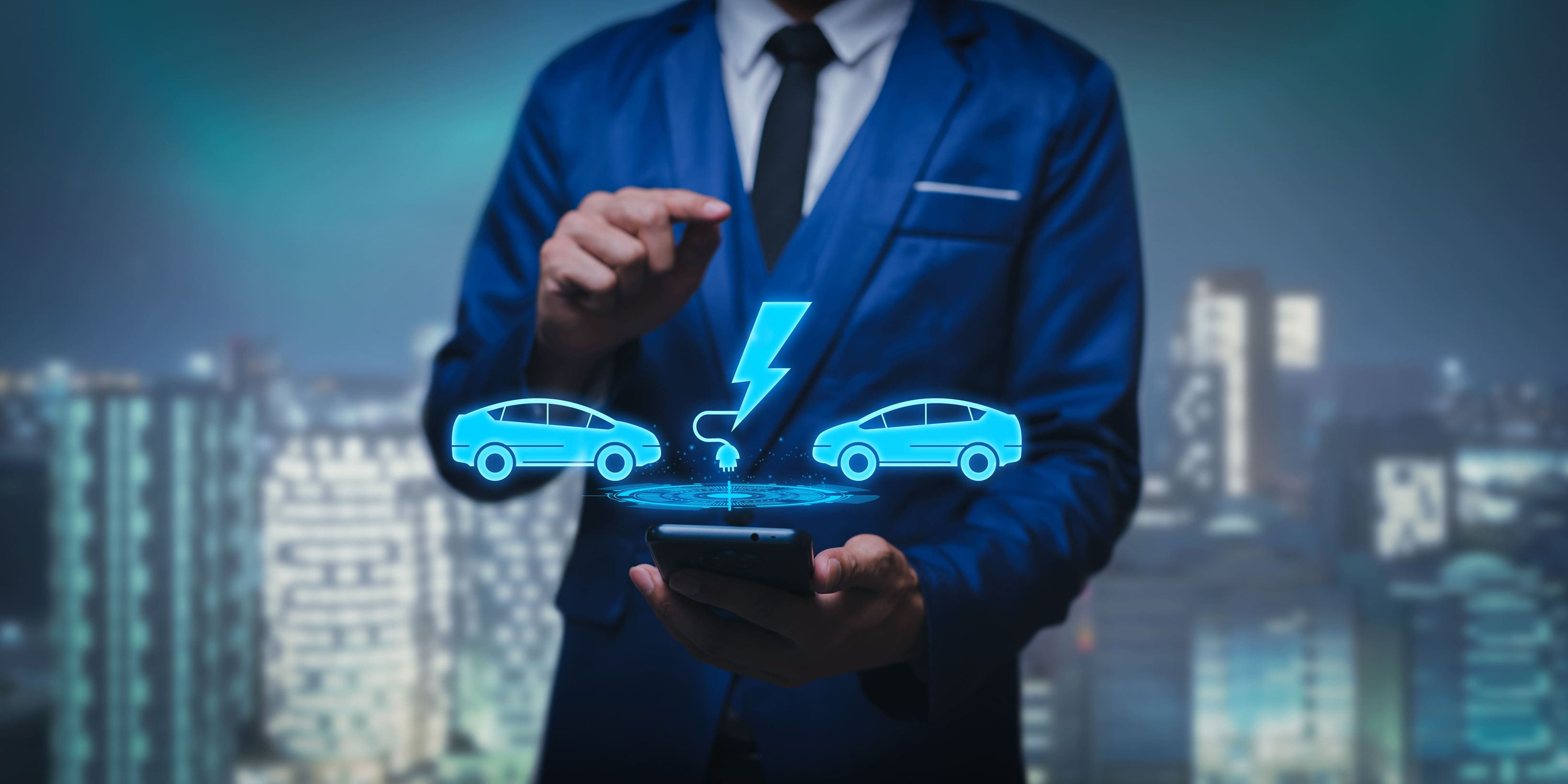
The impact of connected cars and IoT on corporate mobility in india
India’s corporate mobility is undergoing a major shift. Driven by connected cars and IoT, businesses are now managing fleets with real-time data, improving safety, cutting costs, and embracing sustainability. Explore how these innovations are reshaping the future of business travel.
The impact of connected cars and loT on corporate mobility in india
In recent years, corporate mobility in India has undergone a transformative evolution, primarily driven by connected cars and the Internet of Things (IoT). These technologies are fundamentally reshaping how businesses manage their fleets, improve employee transportation and address sustainability challenges, creating a more innovative, safer and more efficient corporate mobility ecosystem.
Rise of Connected Cars in India's Corporate Mobility
Connected cars are equipped with internet access and wireless communication systems that enable seamless interaction between the vehicle, drivers and external infrastructure. This connectivity powers real-time diagnostics, vehicle tracking, infotainment and enhanced safety features. In India, the connected car market is rapidly expanding, expected to reach USD 25.36 billion by 2025 and grow at a CAGR of 21.45% through 2033, driven by urbanisation, smartphone penetration and government initiatives like the Smart Cities Mission and FAME (Faster Adoption and Manufacturing of Hybrid and Electric Vehicles) scheme.
For corporations, connected cars offer numerous benefits:
- Real-time vehicle tracking and fleet management increase operational efficiency.
- Predictive maintenance enabled by IoT sensors reduces downtime and maintenance costs.
- Enhanced safety features and driver behaviour analytics improve driver and asset security.
These advancements allow businesses to optimise vehicle utilisation, reduce fuel consumption and maintain smooth fleet operations, thereby significantly lowering the total cost of ownership and improving workforce productivity.
IoT Enhances Corporate Transportation Experience IoT plays a strategic role by embedding devices in vehicles that continuously collect and transmit data. This data facilitates real-time monitoring of vehicle health, location and performance, enabling companies to manage employee transportation services more effectively. In India’s crowded urban centres, IoT-driven transport solutions help optimise routes using AI, reduce travel time and foster trust through transparent ride tracking. IoT also supports fleet electrification efforts. With India incentivising electric vehicle adoption under the FAME scheme, connected EVs benefit from IoT-enabled battery management, smart charging and vehicle-to-everything (V2X) communication to improve sustainability and cost-efficiency. Leading companies like Ayvens are pioneering employee car leasing and flexible vehicle subscription models that integrate these cutting-edge connected mobility features, helping businesses transition smoothly to greener fleets.
Addressing Urban Mobility Challenges India's urban population is projected to reach 600 million by 2030, increasing demand for efficient transportation. Connected cars equipped with IoT overcome significant urban mobility challenges by:
- Providing real-time traffic updates to avoid congestion.
- Enabling autonomous driving technologies in the future.
- Supporting car-sharing and ride-hailing services with seamless data exchange.
These solutions not only improve commute experiences but also contribute to reduced carbon footprints and lower traffic accidents. For corporate fleets, this means safer, faster and more predictable employee transportation, which, in turn, drives higher satisfaction and retention.
Corporate Sustainability and Cost EfficiencyAs sustainability becomes acorporate mandate, connected cars and IoT play a pivotal role. Connected electric vehicles are becoming mainstream, supported by subsidies that lower acquisition costs. Innovative fleet management platforms powered by IoT optimise energy use and route planning to reduce emissions and operational costs.
Companies adopting these technologies benefit from improved budgeting with predictable leasing and maintenance expenses. IoT's predictive analytics limits unexpected breakdowns, keeps vehicles on the road longer and reduces administrative burden. Furthermore, services like remote diagnostics and roadside assistance, offered by providers such as Ayvens, ensure uninterrupted mobility.
Outlook for Corporate Mobility in India
The future of corporate mobility inIndia is increasingly digital, connected and sustainable. IoT and AI integration will enable fully autonomous corporate fleets and more intelligent mobility ecosystems. Companies will increasingly rely on flexible leasing models, like those offered by Ayvens, that bundle vehicles with connected services, insurance, maintenance and support for unmatched convenience.
In conclusion, the combined impact of connected cars and IoT is redefining corporate mobility in India. By enhancing safety, operational efficiency and sustainability, they are empowering businesses to meet the demands of a fast-growing, urbanised economy while ensuring better employee experiences.



